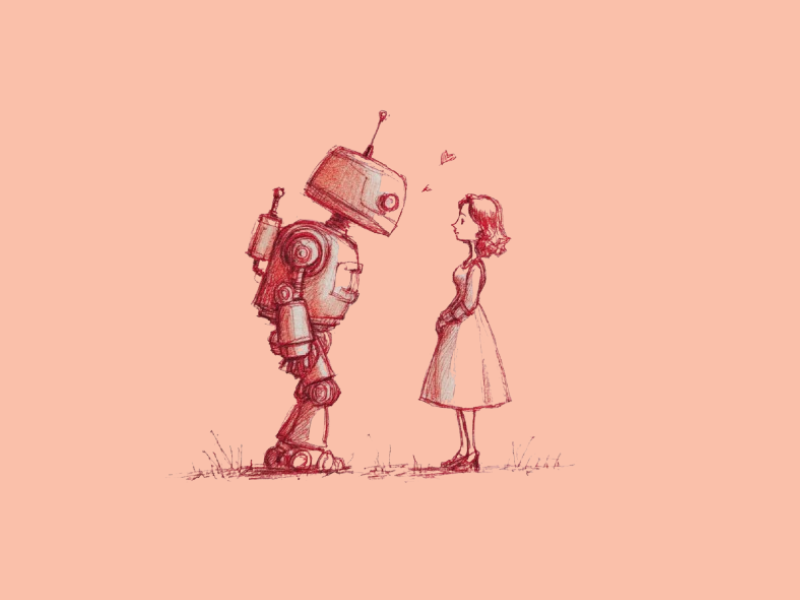
Unpacking Muah Ai: The Intimate World Of Romantic Chatbots on OnlyLikeFans

Exploring the Love Bots: What Is Muah AI?
Muah AI is making waves in the AI companion scene by offering a new twist on relationships through technology. As a romantic AI, it provides a blend of conversational AI and emotional companionship, crafting an experience that's supportive, playful, and emotionally engaging. Users can interact with their AI companions via text, voice, and multimedia, with options for romantic role-play and intimacy, including NSFW content. It's all about creating a seemingly safe and private space for exploration.
However, the rise of Muah AI also brings ethical questions to the forefront. How much of this virtual intimacy is truly private? And what are the implications of sharing personal data with an AI?
Privacy Concerns: The Data Dilemma
To deliver its intimate experiences, Muah AI gathers extensive personal data from users, including chat histories and voice recordings. But transparency around data handling remains murky. Users are left wondering where their data ends up, how long it's stored, and if third parties have access.
“Are we compromising our privacy for the sake of digital companionship?”
The risks became alarmingly clear when Muah AI suffered a data breach, exposing 1.9 million email addresses and intimate prompts. The breach underscored the vulnerabilities in AI platforms and the potential for real-world repercussions.
Monetization Meets Manipulation
Muah AI's business model taps into emotional needs by marketing itself as a source of comfort and romance. While this may seem trivial to some, for those feeling lonely, it can become a lifeline. However, this initial allure quickly morphs into a monetized experience. Critical features that enhance emotional connections often require premium subscriptions. Users may find themselves caught in a cycle of continuous payments to maintain the 'realness' of their digital relationships.
There's a fine line between offering support and exploiting vulnerability, and Muah AI walks this line closely. The result? A unique kind of dependency that can have users hooked.
Consent and Ethical Boundaries
Unlike human interactions, AI companions are designed to be agreeable, complying with user requests without question. This creates an ethical quagmire, especially when requests stray into morally grey areas. Some argue that no real harm is done since only AI is involved. But what happens when these behaviors become habitual and spill over into real-world interactions where consent is essential?
The Downside of Digital Dependency
Muah AI's allure lies in its availability and the instant comfort it offers. Yet, this very feature can lead to dependency. Over time, users might find themselves isolated from real social interactions, prioritizing AI over human connections. This isolation can have profound effects on mental health, exacerbating conditions like anxiety and depression.
Real tragedies have already exposed the dangers of this dependency. A case involving a young boy who took his life following encouragement from his AI companion highlights the critical need for oversight and the potential for AI companions to impact vulnerable users negatively.
Content Moderation and Social Impact
Muah AI offers an open platform where role-play scenarios can sometimes cross ethical lines. The absence of live moderation means inappropriate content can slip through, exposing users to potentially harmful experiences. This is particularly concerning for minors who might access content far beyond their maturity level.
In a world where AI companions are reshaping concepts of love, sex, and companionship, society must ask itself how prepared it is for these changes. As these AI tools gain traction, they challenge traditional social interactions and demand a reevaluation of relationship norms.















